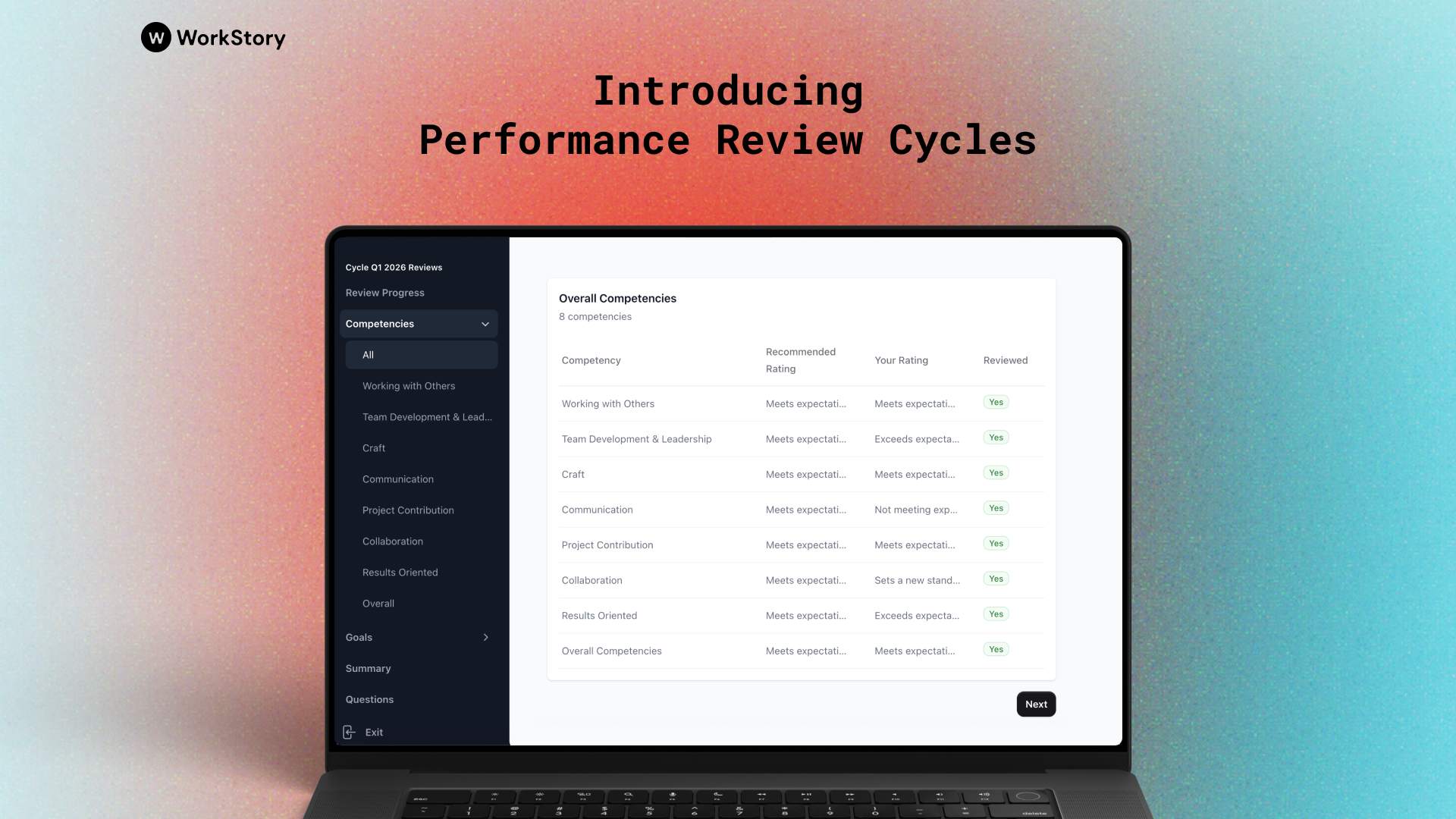Have you ever seen someone who's really good at their job get promoted, but then they struggle in their new position?
It's like a great soccer player suddenly being asked to coach the team but not knowing how to do it. This is called the Peter Principle, and it happens more than you might think!
What's the Peter Principle?
Dr. Laurence J. Peter came up with this idea. It means that sometimes people get promoted just because they're good at what they do now, not because they'll be good at the new job.
Or as he put it, "...people are promoted to their level of incompetence."
Why Is This Important?
Think of it like a game where a player is moved to a spot where they can't play well:
- The player feels sad and confused.
- The team doesn't do as well.
- The fans (or the company) may lose out.
How Can We Stop This from Happening?
- Pick the Right Players for the Right Spots: Don't just look at how good they are now; think about what they need to do in the new spot - especially if it's a leadership position.
- Help Players Learn New Skills: Give them training and help from others who know how to do the job.
- Talk and Listen: Let people say how they feel and what they need.
- Let Players Try Different Spots: Sometimes, moving to a different spot on the field, not just moving up, can be the best thing.
What Can You Do?
The Peter Principle isn't just applicable to larger companies; it's something all leaders should know about.
Making the wrong promotion can have far-reaching consequences in terms of team productivity and overall engagement.
You can make your team more successful by thinking about leadership and collaboration abilities, first and foremost, when it comes to considering factors for promotion.
Want to Know More?
If you'd like to learn more fun stuff about the Peter Principle, check out the Freakonomics episode, "Why Are There So Many Bad Bosses?".
It's provides a great summary of the concept and shares differing perspectives on how being conscious of it can help teams to more effectively motivate their employees.





